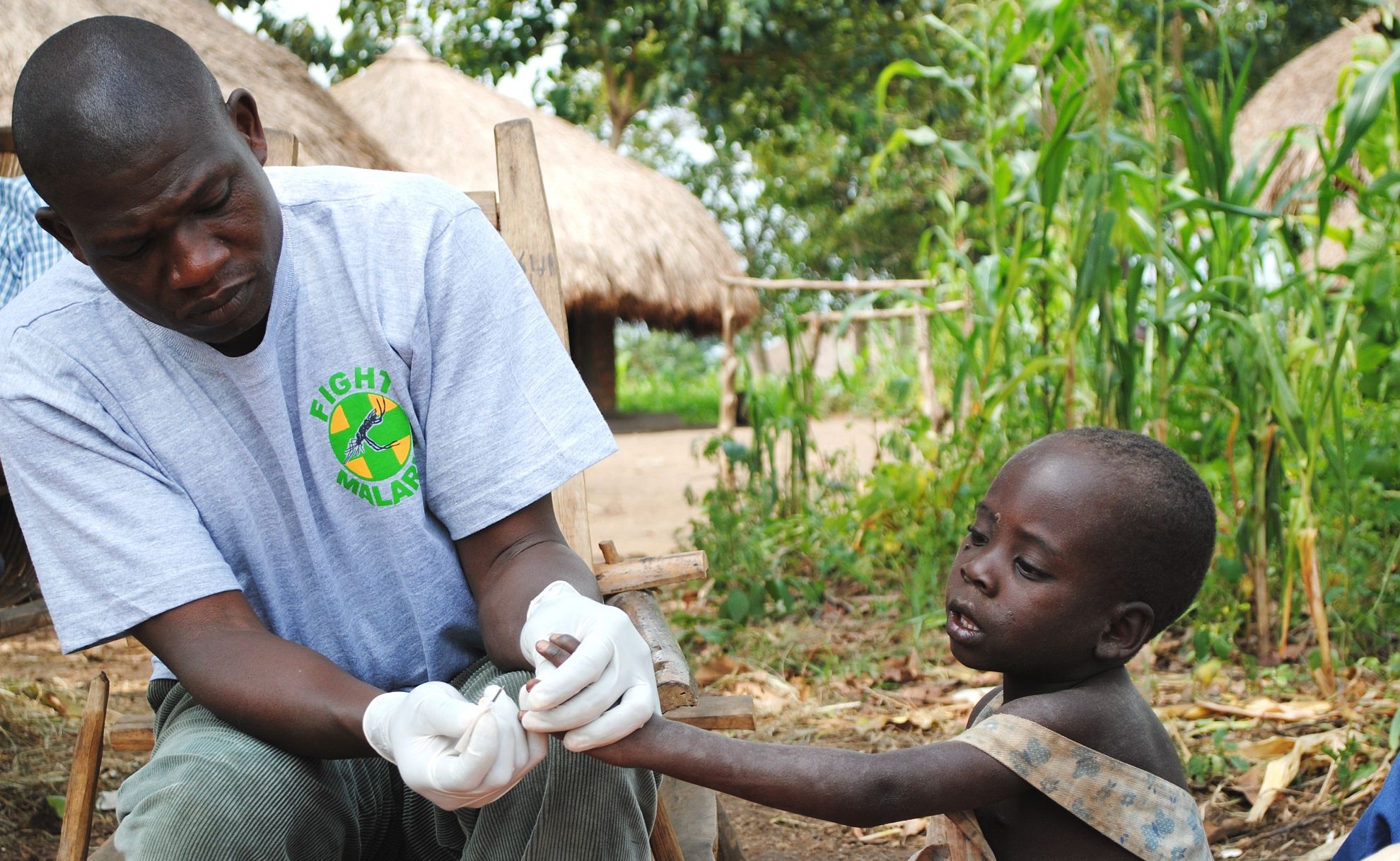
Malaria Consortium calls for greater innovation in push towards elimination
11 October 2013A Malaria Consortium symposium highlighted the need for increased innovation as part of malaria elimination efforts, during the Sixth Multilateral Initiative on Malaria (MIM) Pan-African Malaria Conference in Durban.
The symposium “Scalable innovations for improved malaria control in the era of elimination”, shared learning from programmes carried out in a number of countries in sub-Saharan Africa and Southeast Asia, highlighting the importance of integrated approaches to malaria prevention and control interventions. Evidence and lessons learned from Malaria Consortium’s work in malaria epidemiology and community-based health systems were shared with practitioners and policy makers.
Also at the symposium were representatives from John Snow Inc (JSI) speaking on improving supply chain management and Save the Children speaking on ways to improve supervision with the World Health Organisation’s Franco Pagnoni as moderator. Several examples of innovative approaches using m-health and community dialogue to promote motivation and performance were shared.
Malaria Consortium Technical Director Dr Sylvia Meek said: “Our experience reflects the need for integrated approaches to malaria control, implementing programmes that address multiple diseases as well as strengthening systems for delivery. Alongside malaria specific efforts, especially surveillance, these approaches can maintain momentum to achieve malaria elimination.”
The symposium reinforced the value of partnerships in addressing different areas of community-based health delivery systems, including the need to generate creative approaches in order to improve the efficiency, effectiveness and sustainability of current interventions. For the past decade, Malaria Consortium has focused on reducing the burden of malaria, supporting Ministries of Health in their push towards elimination, through a range of approaches in Africa and Southeast Asia. A particular area of focus, integrated community case management (ICCM), aims to train community- health workers to identify, treat and refer children under-five with malaria, pneumonia and diarrhoea. This approach is increasingly being used as an integral part of the health system, in order to improve access to timely and quality healthcare even in the most remote areas. In South Sudan, this also includes programmes undertaken by Malaria Consortium on the management of nutrition.
Dr. Pagnoni, concluding the discussions at the symposium, said: “ICCM as a package of interventions delivered through community-based health delivery systems is complex and fragile, and the quality of the relationship between the community systems and the formal health system, so that each recognizes its role, is essential to have most impact. Community health workers are an important part of the solution. They can help bridge the human resource gap but they must be equipped, supervised and financed.”
During the conference, a four-yearly gathering of the global malaria community and policy makers, presentations were also given on Malaria Consortium’s Beyond Garki project, which is monitoring changes in malaria epidemiology based on existing interventions in Ethiopia, Nigeria, Uganda and Cambodia, and assessing conditions necessary to reduce malaria transmission below critical level. In addition, Malaria Consortium presented findings from formative research in support of seasonal malaria chemoprevention in Nigeria, as well as learning from entomological surveillance following a long lasting insecticidal net universal coverage campaign in mid-western Uganda.
Latest news
- International summit calls for AMR accountability in public health interventions21st March 2024
- Global SMC community celebrates new milestone at SMC Alliance Annual Meeting in Nigeria6th March 2024
- Scaling up key interventions could halve pneumonia-related childhood mortality13th February 2024
- Malaria Consortium and eGov Foundation join Mozambique’s national malaria programme to digitalise seasonal malaria chemoprevention campaigns8th February 2024
- World’s first malaria vaccine rollout launched in Cameroon22nd January 2024
- Digital solutions driving equitable access to health6th December 2023